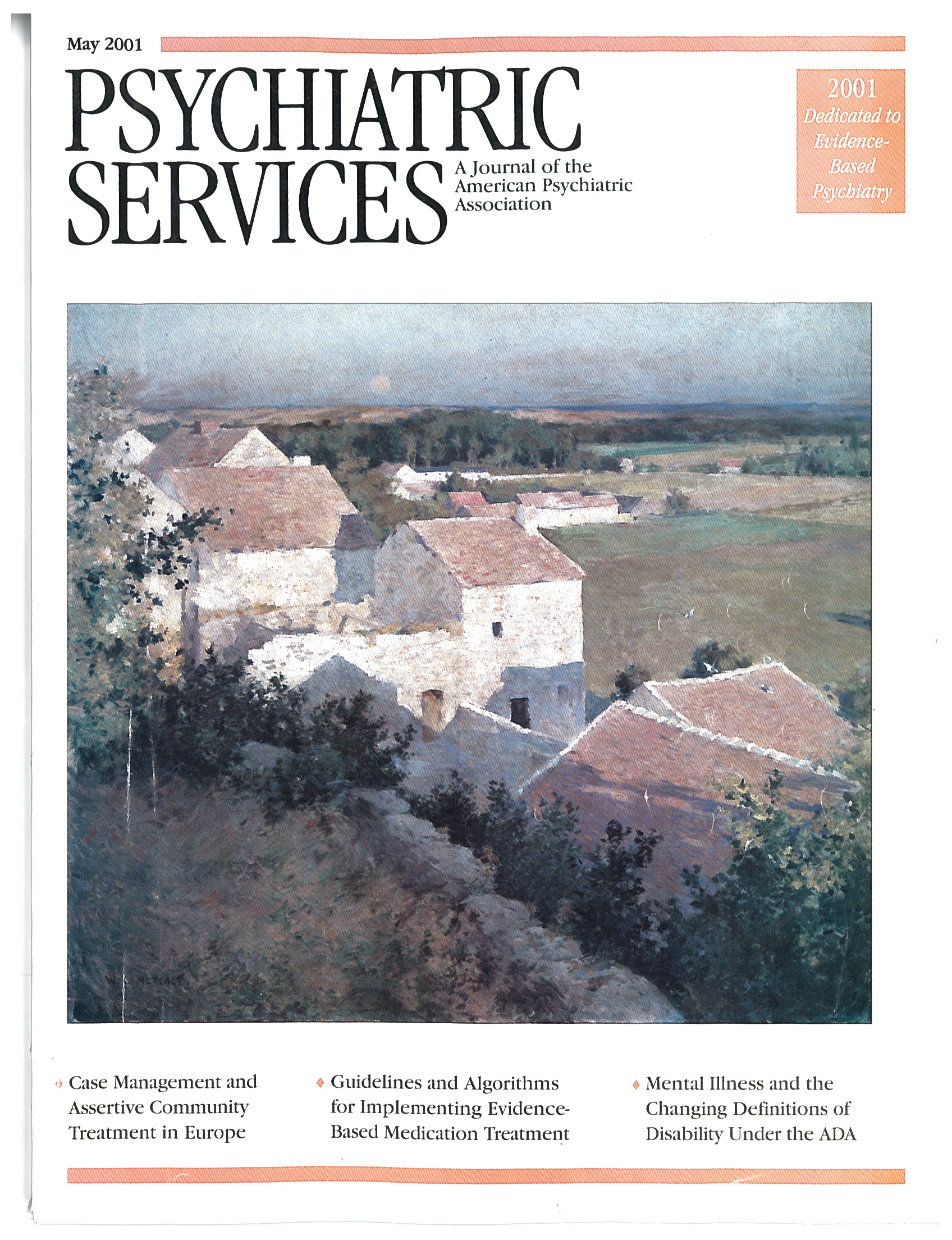Nearly everyone with an interest in psychiatric disorders among children is talking about Asperger syndrome, also known as Asperger's disorder. It is a relatively new diagnostic category that is increasingly recognized by parents, teachers, and mental health professionals. Is it a variant of autism? Why are we noticing it more often? Is it a "pure" disorder, or does it overlap with other disorders? What causes it? How should we treat it?
The Yale Child Study Center group that brought this disorder to national attention has edited a comprehensive book addressing these and other questions. The book is well written, and it is sufficiently advanced to offer new information to professionals who have expertise in the disorder yet clear enough that most sections can be understood by an educated parent or teacher. It is clearly the book that people who are interested in Asperger's disorder must have.
The book is divided into five sections. The first three sections address behavioral aspects, family genetics and neurobiologic aspects, and related diagnostic constructs. Section 4 covers assessment, treatment, and intervention as well as Asperger's disorder in adulthood, and the final section covers perspectives on research and clinical practice and includes essays by parents. Current information is given for the three most important areas in need of further understanding—classification of autism spectrum disorders, understanding the neurodevelopmental etiology of Asperger's disorder, and treatment effectiveness and matching, including pharmacological treatment.
The contributors are considered experts in the topics they address, and they present the controversies related to their topics. For instance, the differing points of view about whether Asperger's disorder and autism are part of the same continuum are presented in chapters by Volkmar and Klin, by Szatmari, and by Wing.
A chapter by Rourke and Tsatsanis describes the evolution of thought about nonverbal learning disability—a term Rourke coined to describe a feature common but not unique to children with Asperger's disorder—and how it is usefully applied to understanding and treating the disorder.
Leading researchers in the genetics (Folstein) and the cerebral structure and function (Schultz) of autism spectrum disorders offer chapters describing the most current research. In a chapter on pharmacological treatment, Martin and associates do not take the easy way out by saying that we do not know enough to recommend anything. Rather they present a large naturalistic study of the use of psychotropic drugs to treat children with autism spectrum disorders and use findings from the study as a basis for a discussion of the indications for using medications.
Toward the end of the book, several chapters are included by parents who write insightful and moving accounts of their discovery of the diagnosis of Asperger's disorder and its implications for their children and for themselves as parents. These accounts provide a deeper understanding of the disorder and frame it in a way that is productive for the child, for parents, for teachers, and for clinicians.
When Asperger's disorder was added to the DSM-IV, our attempt to understand the heterogeneous group of children who have a diagnosis of an autism spectrum disorder received a helpful push, because it called our clinical and research attention to this poorly understood area. This book pushes us ahead another significant step by defining what we know and what we need to know about this spectrum of disorders to help the children who have them grow as healthily as possible.

